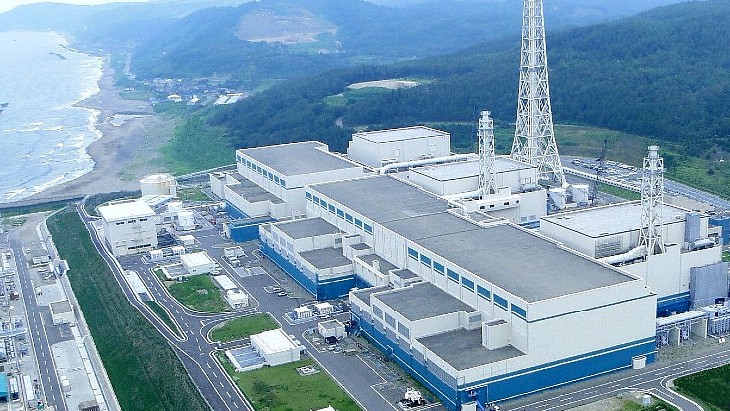Nuclear facility operators are taking special measures to protect the health of their workforce to ensure continuous operations during the COVID-19 crisis. These include reduced staffing and telecommuting, as well as social distancing, regular medical screenings of staff, sterilisation of work areas and the purchase of specific personal protective equipment, travel restrictions, self-isolation, and meeting restrictions.
The measures also include the extension of regular procedures such as reduced staffing, which is a common practice on weekends while other staff remain on call if needed. Other new measures announced by some operators to minimise the spread of the coronavirus and maintain a safe complement of essential personnel include offsetting work hours, revised shift patterns, alternative ways of communicating with control room personnel, or asking essential staff to live at the site temporarily.
"Operators have primary responsibility for safety and security. They are acting responsibly in taking these sensible precautions and carefully planned organisational changes, while continuing to ensure safety and security, and which are typically reviewed by national nuclear regulatory bodies," said Peter Tarren, head of the IAEA's Operational Safety Section. However, he said the IAEA is gathering feedback from operating countries about how they are ensuring that enough personnel are available to keep nuclear power plants operating safely and securely. "They have shown determination and innovation in designing measures that reduce the risk of their staff contracting COVID-19, and their willingness to share this information through the IRS is extremely helpful for all participating countries," Tarren said.
To help operators and regulators learn from each other's experience, the IAEA is gathering relevant practices through the IRS, an online platform jointly managed with the OECD Nuclear Energy Agency, through which countries submit and respond to reports on events of international interest for the purpose of enhancing safety practices at nuclear facilities. In addition, the IAEA has launched the COVID-19 Operational Experience Network, a pilot peer-to-peer network designed to serve as a repository for planned or implemented response actions during the crisis.
"The information in this network will include ways to limit the pandemic's spread, definitions of critical competences for power plant operations and access restrictions," said Pal Vincze, head of the IAEA's Nuclear Power Engineering Section. "It also focuses on specific organisational preparedness arrangements for COVID-19 and includes data on planned outages in response to the crisis.
The IAEA Nuclear Energy Series publication Industrial Safety Guidelines for Nuclear Facilities provides operators with information on preparing and implementing plans for responding to a wide range of hazards, including pandemics. The plans help to ensure that employees minimise the potential for contracting the applicable disease and that the nuclear facility has sufficient healthy staff available to maintain safe operation.
Nuclear facilities other than power plants, such as research reactors and fuel cycle facilities, face similar operational challenges due to the COVID-19 pandemic, the IAEA noted. Many research reactors that focus on training and research are now in temporary shutdown, while most producing medical isotopes continue to operate at reduced staffing levels. IAEA Safety Standard SSR-3 provides information on maintaining the safety of research reactors as well as staff arrangements and staffing levels during extended periods of shutdown.
Guidance to operators of fuel cycle facilities, which are used to convert and enrich uranium and manufacture reactor fuel, is available in IAEA Safety Standards SSR-4, including on operations under various constraints.

.jpg)




_91467.jpg)
_47120.jpg)
_16439.jpg)





